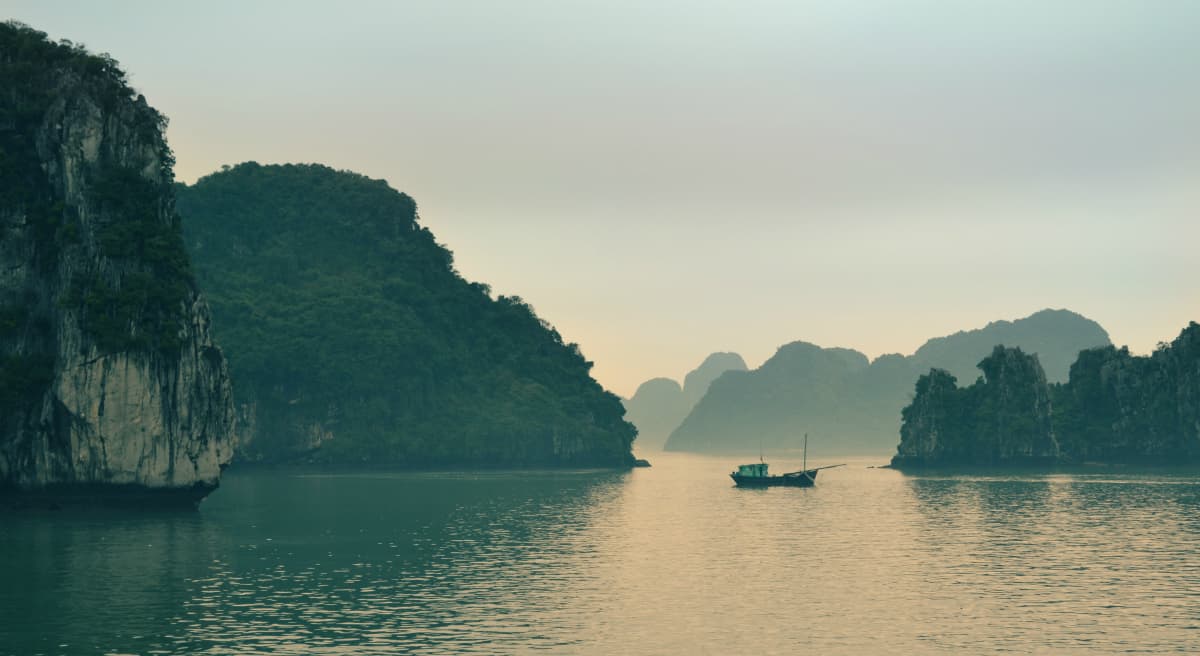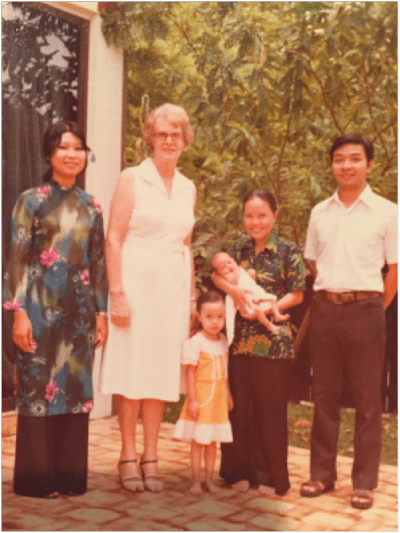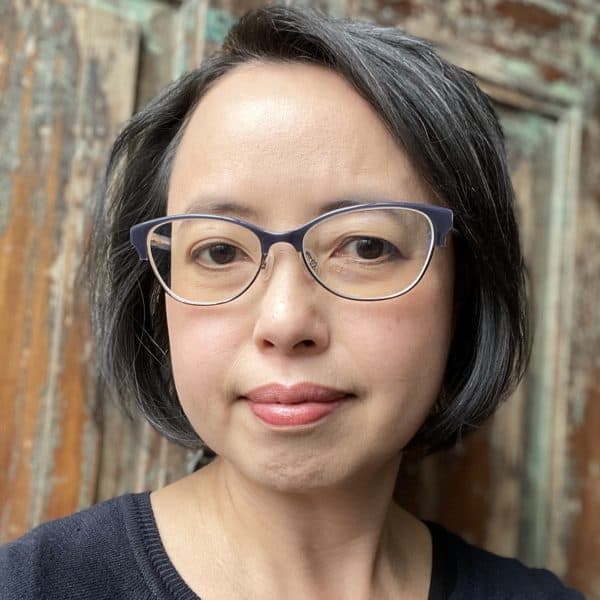Advertisement
Independence Day: My Journey From Saigon

I don’t remember any of it, and yet I know the story well. It featured in my college essays and I’ve learned to tell it with dramatic flourish. But mostly, during quiet moments throughout my life, I think back on this story of my mother and the strong will she once possessed. I didn’t know it then, but our passage from Vietnam would use up nearly a lifetime of her tenacity and fight to survive – not much would remain. And on this Independence Day, nearly 36 years after I came to the United States, I think about the boats of refugees in the Mediterranean Sea and I recall our story again.
It was March 1980 and I was four years old. After nearly five years under communist control, Saigon was a bleak place with food shortages, nightly curfews and great uncertainty. Poverty was everywhere; no one had an easy life, not even the victors. Vietnam was still reeling from so many decades of war with lingering wounds and suspicions, grudges unforgotten. Affiliated with the former South Vietnamese government, my family was persecuted, jailed and struggling to survive. My father, aunts and uncles were sent away to re-education camps, to toil and suffer unseen for years. Upon release they were broken souls, resigned. Unable to bear any more, my mother decided it was time.
In blinding darkness under a moonless night, we paddled along in a sampan and boarded a tiny boat with 100 other people. There was only darkness and silence, nothing to distract either the mind or the heart from the journey ahead. We had the clothes on our backs and a jar of preserved ginseng. My mother was nearly nine months pregnant; neither of us could swim.
I didn’t know it then, but our passage from Vietnam would use up nearly a lifetime of her tenacity and fight to survive – not much would remain.
What happened next is a story well known to the world. Hundreds of thousands of Vietnamese boat people fled in the late ’70s and early ’80s. They resettled all over the world and have told their stories of hunger, piracy and death. We all faced similar obstacles: quickly running out of fuel, potable water and food, as well as fighting seasickness and a deep dread of the endless horizon. My family sought solace in a school of dolphins, believing that they guided our drifting boat forward. Dolphins are a sign of good luck to the Vietnamese.
On the seventh day we rejoiced at the sight of a huge cargo ship heading in our direction. The crew lowered down water, fuel and supplies, and then tried to leave. My mother, the only English speaker aboard, pleaded with the captain to rescue us. He must have felt a pang of guilt at the sight of my mother and her swollen belly for he relented and offered to take the women and children. Disheartened but resolute, she declined, calmly declaring then “that we should all die together.” Exhausted, dehydrated, she fainted. The captain then changed his mind entirely. His men carried my mother and the small children onto the ship and the others followed. Perhaps the dolphins had led us to him, but my mother made sure he would not leave us.

We were deposited in Singapore where a dingy camp had been set up to receive refugees. The camp was run by a group of nuns. After a few days at the camp, my mother went into labor and was taken to the hospital. I have in my mind a faint image of a small girl running after an ambulance; I think she was crying. Alone at the camp, I was cared for by someone – a nun, a compatriot from our boat, a stranger? I don’t know. I don’t have any memories of the two weeks that I spent alone but not alone.
I often wonder what the camp looked like, smelled like, what I did each day. But then, almost immediately, I am relieved that I cannot remember. Some things can’t hurt you if you can’t remember them, right?
Meanwhile, my mother endured a difficult birth that left her bedridden for two weeks. My newborn brother was cared for by the nuns at the camp, where he slept in a drawer in the main office. We were, each of us, alone.
Anxious and overcome by homesickness, my mother summoned all that was left within her. She recalled that her father had a business associate in Singapore – she had met him once, when she was a child, more than 30 years prior. She looked him up in the phone book and called. Their reunion was tearful and emotional. She never told me what he said, what words he used, only that he had not known about her father’s death and was distraught about the family’s suffering. Her father’s friend did not fail her. Immediately, he swooped down to the refugee camp and brought us to live with him in a villa high up in the hills. His staff arranged our immigration forms and travel papers. Three months later, we boarded a plane for America, each with a large suitcase of clothing and gifts, including a beautiful china doll that I clutched all the way to Seattle. I don’t know his name and I don’t remember anything about him (not even a photograph remains), but I am thankful for his help. He treated us with grace and generosity.
My mother and I do not often talk about the past. Today, as I think back on our journey, I am grateful for her immense spirit and perseverance as she guided us through danger and to a new life.
